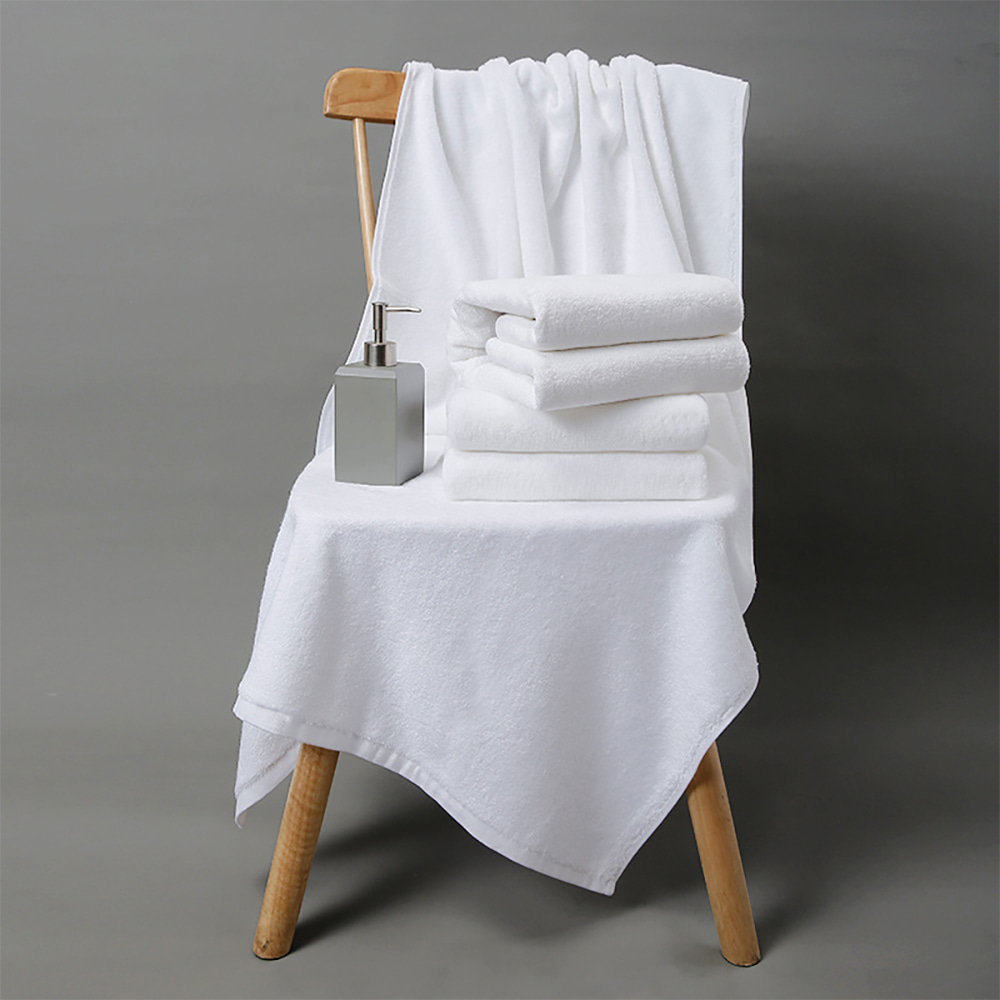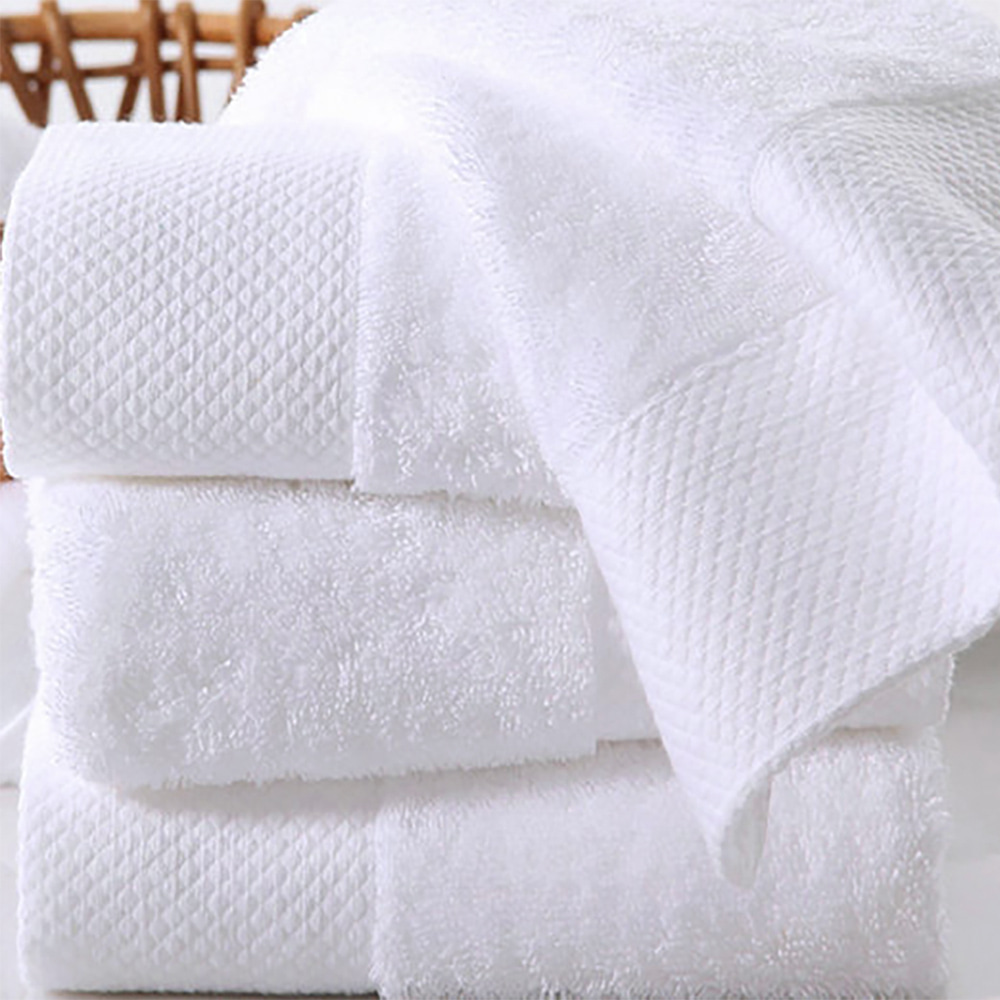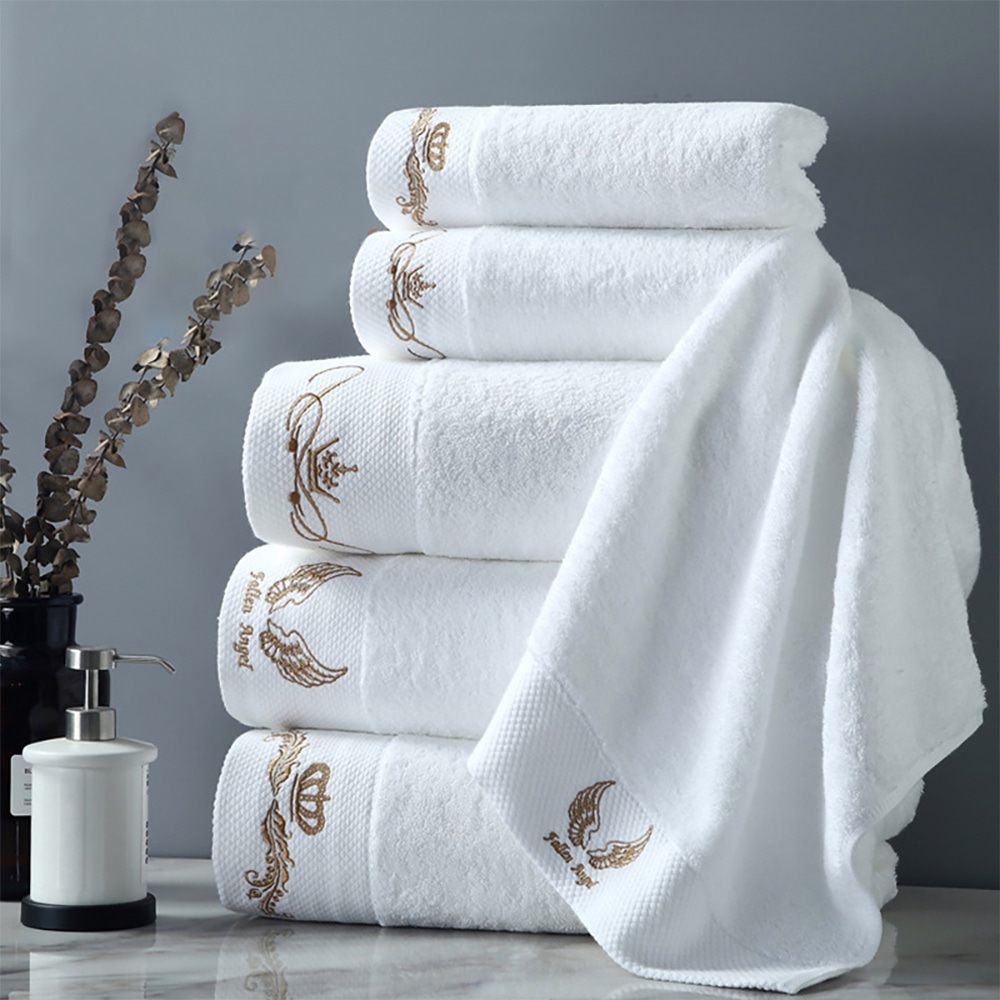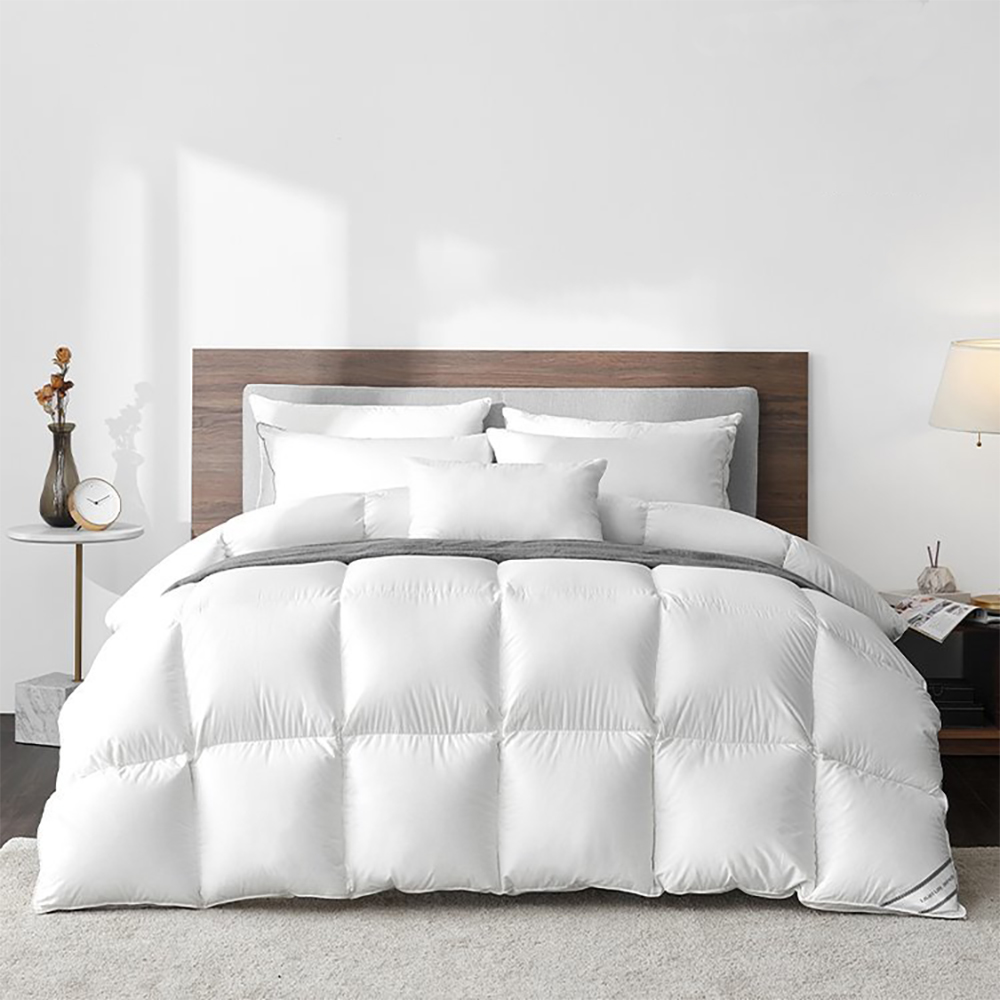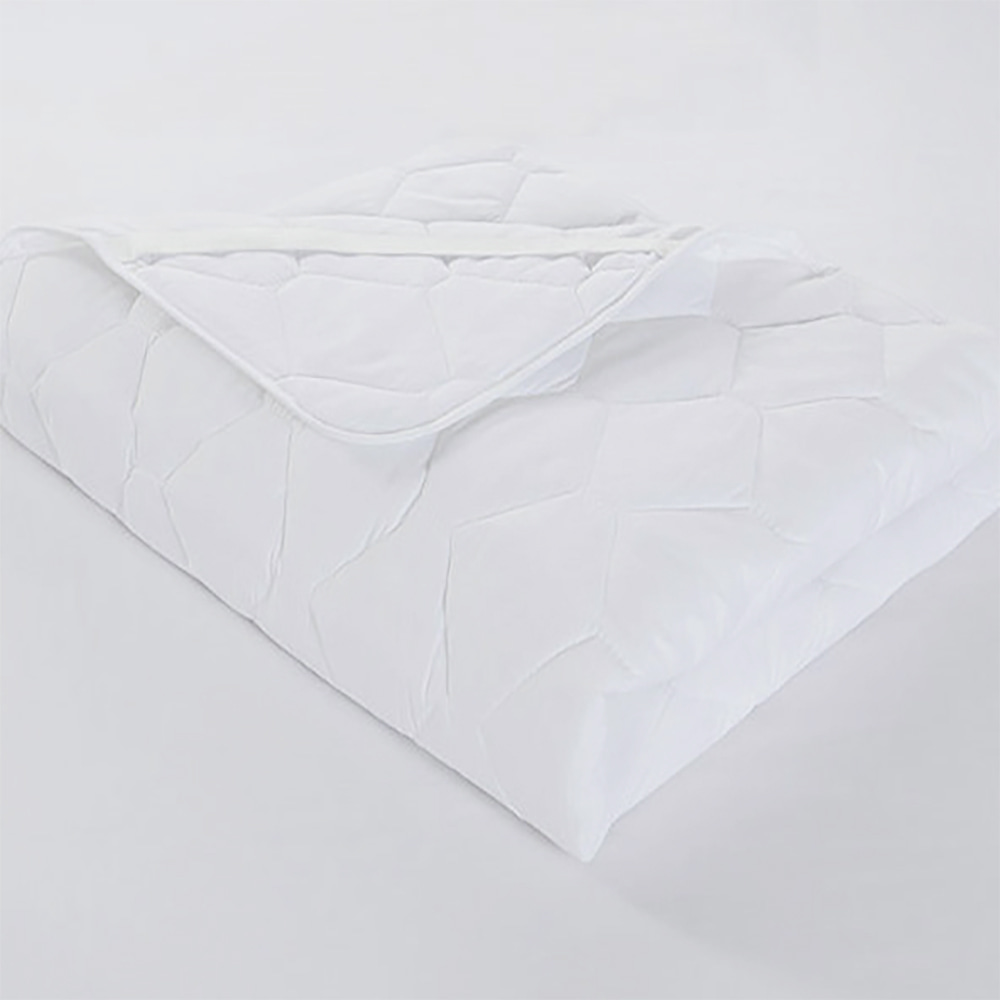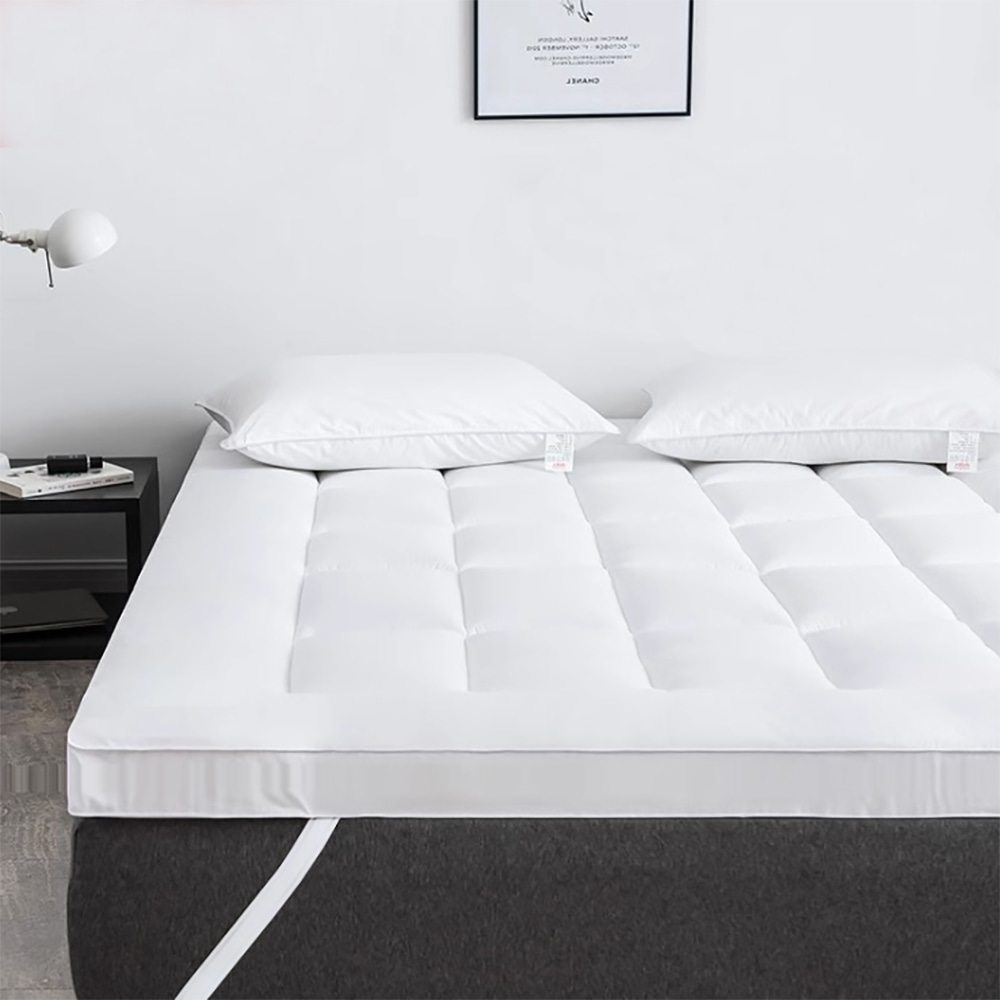Hotel bed sheets play a crucial role in creating an optimal sleep environment for guests, directly influencing their comfort and overall experience. A key factor in this comfort is the ability of bed sheets to regulate body temperature, ensuring that guests remain at a comfortable temperature throughout the night. Hotel bed sheets, often selected for their high-quality materials and thoughtful construction, are designed to manage heat retention, moisture, and breathability, all of which contribute to a restful sleep experience.
The material composition of hotel bed sheets is one of the most significant factors in temperature regulation. Cotton, especially high-thread-count cotton, is a popular choice for hotel bed sheets due to its natural ability to breathe and wick moisture away from the body. This helps to keep the sleeper dry, which is particularly beneficial in warmer climates or during the summer months. Cotton’s breathable nature allows air to circulate through the fabric, promoting a cooler sleep experience by preventing the build-up of heat around the body. This is especially important for guests who tend to overheat during sleep, as cotton sheets allow for a natural, temperature-regulating effect, ensuring a comfortable, sweat-free rest.
On the other hand, hotel bed sheets made from linen or a cotton-linen blend are particularly advantageous in warmer environments due to their natural cooling properties. Linen, with its slightly rougher texture, is known for being exceptionally breathable and moisture-wicking, making it ideal for keeping the body cool during the night. Its porous structure allows for greater airflow, which helps to release trapped heat and moisture. Linen sheets are especially favored in luxury hotels, where guests expect premium comfort, as they offer a crisp, cool feeling that can promote better sleep in warmer temperatures.
Another important aspect of hotel bed sheets in promoting a comfortable sleep environment is their ability to trap warmth during colder months. While lighter, breathable fabrics like cotton and linen excel in hot climates, hotel bed sheets made from thicker, high-quality cotton with a sateen weave or those blended with microfiber can provide extra warmth during cooler weather. The smooth, tightly woven nature of sateen cotton provides a soft and somewhat insulating layer, retaining warmth and creating a cozy sleep environment. This is particularly beneficial in regions with colder climates, where ensuring that guests are warm enough is a priority. Hotel bed sheets that feature a higher thread count tend to be denser, helping to trap heat without sacrificing breathability.
The moisture-wicking capabilities of certain hotel bed sheets further contribute to temperature regulation. Many hotels choose bed sheets with moisture-wicking properties to combat the effects of sweating, which can occur during sleep regardless of the room temperature. These sheets pull moisture away from the skin, allowing it to evaporate and helping to maintain a comfortable body temperature. As a result, guests stay dry throughout the night, reducing discomfort that can be caused by dampness and promoting a more restful sleep. This is particularly important for hotels catering to guests who are sensitive to humidity or those who experience night sweats.
In addition to the material properties, the weave of the fabric plays a significant role in temperature regulation. Percale is a popular weave used in hotel bed sheets because of its crisp, cool feel, which is ideal for warmer climates. Its tightly woven threads create a smooth surface that enhances breathability, allowing air to flow freely and helping to maintain a cool sleeping temperature. On the other hand, a sateen weave, which is softer and smoother, tends to have a slightly warmer feel, making it a preferred option for cooler climates or for guests who like a bit more warmth in their bedding.
The fit and quality of hotel bed sheets also contribute to temperature regulation. Well-fitted sheets ensure that there are no loose folds or bunching of fabric, which could impede airflow. Tight-fitting sheets prevent heat from getting trapped in creases and folds, ensuring that the air circulates freely around the body. High-quality, durable hotel bed sheets will also withstand the test of time, maintaining their breathability and moisture-wicking properties after multiple washes, ensuring that guests consistently enjoy a temperature-controlled sleeping experience.
Finally, the overall cleanliness and maintenance of hotel bed sheets are essential in promoting a comfortable sleep environment. Fresh, clean sheets not only feel more inviting but also contribute to better sleep quality. Hotels that regularly launder their sheets to maintain a high level of hygiene ensure that their guests can enjoy the full benefits of the materials used in their bed sheets. Properly washed and cared-for sheets will retain their natural properties, whether it’s the cooling effect of linen or the warmth retention of a thicker cotton weave.


